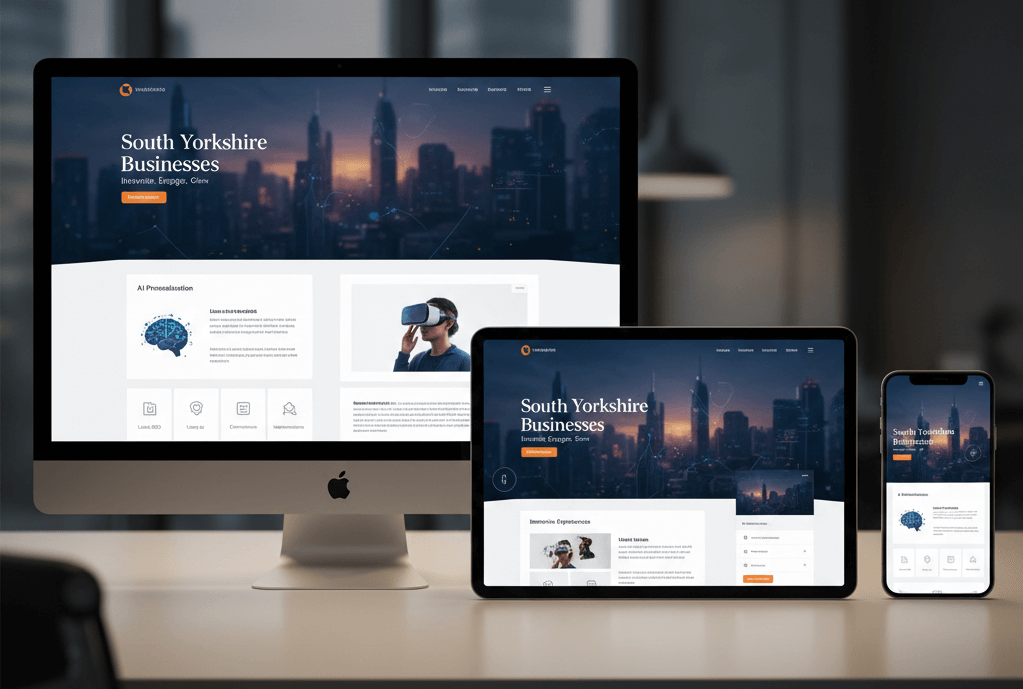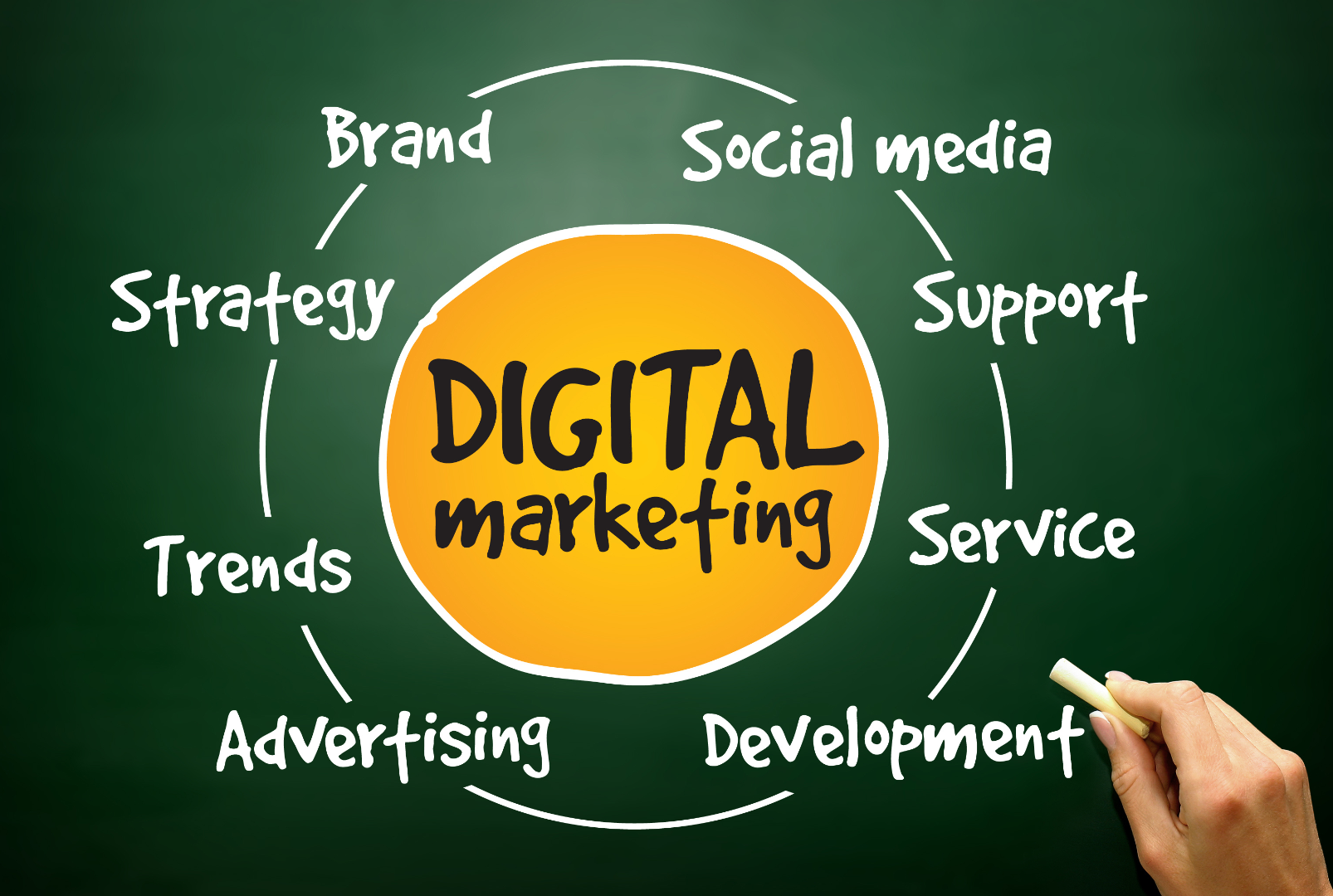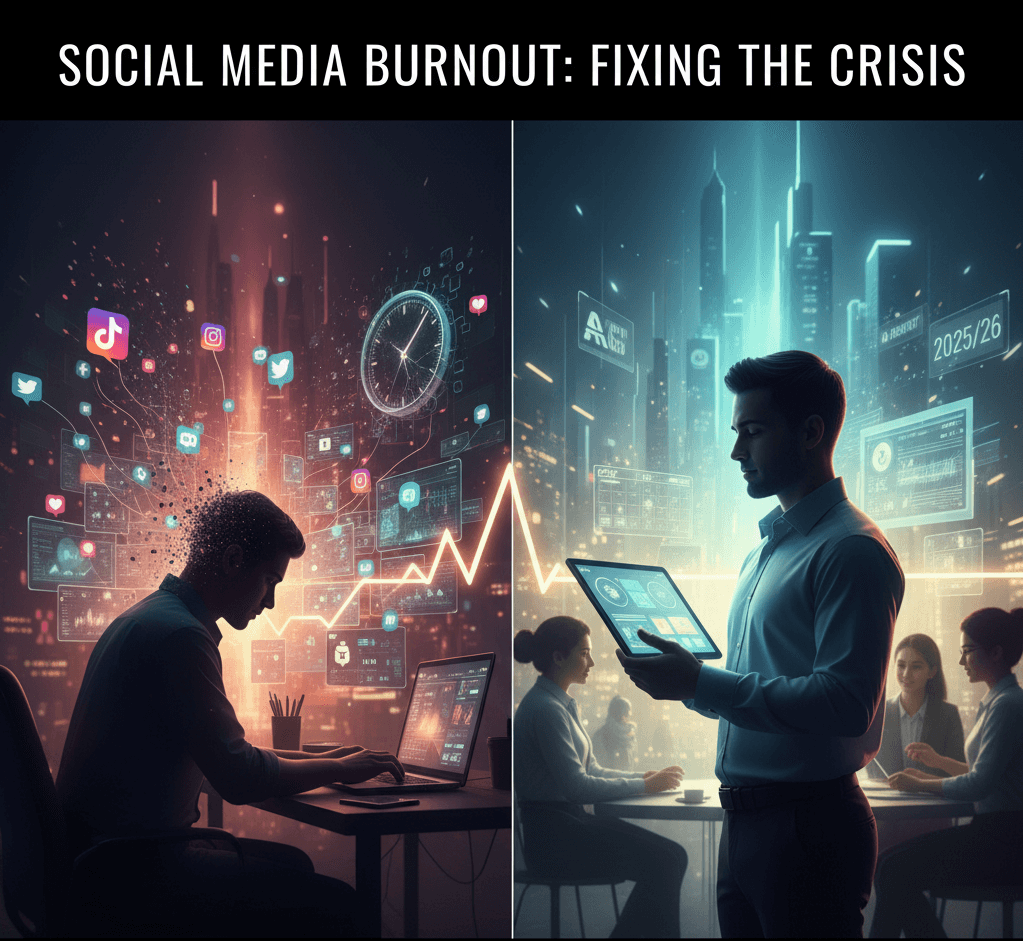How to Be More Social: Key Steps to Get Started
- Be Confident in Your Identity: Understand and embrace your unique traits.
- Accept Quietness as Okay: Not everyone needs to be the life of the party.
- Step Outside Your Comfort Zone: Occasionally challenge yourself in social settings, then take time to recharge.
- Prepare Conversation Starters: Keep a few topics in mind before attending social events.
- Connect with an Extrovert: They can often help you navigate larger social gatherings.
- Attend Work Functions Strategically: Show up to make appearances but feel free to leave when you’re uncomfortable.
- Engage with Simple Questions: Ask questions that are easy to answer and initiate discussions on topics you enjoy.
- Enhance Your Emotional Intelligence: Try to empathise and understand the emotions of others.
- Reflect on Your Interactions: Self-awareness can improve your social skills.
- Practise Effective Communication: This includes both verbal and non-verbal forms, like maintaining good eye contact and using gestures.
- Adopt a “Fake it Till You Make it” Attitude: Sometimes, acting confident can lead to genuine confidence.
- Be Inquisitive: Show interest in others by asking more than you speak.
- Offer Compliments: Genuine praise can open doors in social interactions.
- Mind Your Manners: Politeness is key in all interactions.
- Use Open Body Language: Non-verbal cues can show that you are approachable and willing to engage.
Introduction
The Value of Social Skills
In today’s interconnected world, the ability to be more social is not just a personal asset but a professional necessity. Social skills are the cornerstone of building meaningful relationships, navigating professional networks, and fostering a sense of belonging. Whether it’s a casual conversation by the coffee machine, a structured meeting via video call, or an impromptu chat on social media platforms, each interaction contributes to our social tapestry.
Navigating Digital and Face-to-Face Interactions
As we pivot between the digital and physical realms, the lines blur between face-to-face and digital interactions. This shift demands not only adaptability but also a keen understanding of how to engage effectively in both settings. Digital communication, with its own set of nuances, requires a tailored approach to convey tone, empathy, and intent without the benefit of physical presence. Mastering this can enhance your ability to be more social across all platforms, enriching both your personal connections and professional opportunities.
Embracing a Hybrid Communication Approach
Embracing a blend of traditional and modern communication methods can significantly amplify your social prowess. Whether you are looking to climb the career ladder, build a robust social network, or simply improve your interpersonal skills, understanding the dynamics of effective social interactions is key. This article will guide you through essential strategies to enhance your social skills in a world where digital and face-to-face interactions intertwine seamlessly.
Deep Dive into the Key Steps
Embracing Your Unique Identity
In a world where digital footprints are as significant as real-life presence, embracing your unique identity is essential for both social media interactions and face-to-face engagements. Being confident in who you are is the cornerstone of being more social in an authentic way. Here’s how you can cultivate and project your unique identity confidently across various platforms.
Understand Your Strengths
Start by identifying what makes you unique. Are you a great listener, a creative thinker, or perhaps someone who excels in analytical tasks? Recognize these strengths and consider how they can be showcased in social situations. For instance, if you’re a creative thinker, share your ideas in group discussions or through content on social platforms like Instagram or Pinterest.
Showcase Your Authentic Self
On social media, authenticity attracts. Instead of crafting an image that you think others will like, present your true self. Share your interests, opinions, and experiences that reflect your genuine personality. This authenticity will resonate more deeply with your audience, fostering stronger connections. Platforms like Facebook and LinkedIn provide great venues for expressing your professional and personal sides, allowing you to tailor your interactions based on your identity and the audiences you wish to engage with.
Leverage Your Personal Stories
Personal stories are powerful tools for connection. They not only highlight your unique perspective but also make you more relatable. Share anecdotes that illuminate your background, challenges, successes, or lessons learned. These stories can be particularly impactful on platforms like Instagram or YouTube, where visual and narrative content can be combined to engage others effectively.
Affirm Your Values
Your values define you and showing consistency in these values across all your social interactions can greatly enhance your social reliability. Whether you’re commenting on LinkedIn, tweeting, or interacting in a local community group, let your values guide your contributions. This consistency helps build a trustworthy image that attracts like-minded individuals.
By taking these steps, you not only enhance your ability to be more social but also ensure that your social interactions are meaningful and grounded in genuine self-expression. This approach not only benefits personal growth but also enriches your professional and social networks.
Appreciating the Power of Silence
In the bustling world of constant communication, appreciating the power of silence can be a game-changer in enhancing your social skills. Being comfortable with quiet moments not only shows confidence but also can provide a strategic advantage in both face-to-face and digital interactions. Here’s how embracing silence can enrich your social experiences.
Silence Shows Confidence
Silence is often mistaken for awkwardness, but when used wisely, it reveals self-assurance and composure. In a conversation, pausing before responding allows you to collect your thoughts and contributes to more thoughtful communication. This is especially effective in professional settings where thoughtful responses are valued over quick replies.
Enhances Listening Skills
Good communication is as much about listening as it is about talking. By embracing silence, you give others the space to express themselves fully. This act of listening can make people feel valued and understood, deepening connections. In digital interactions, such as video conferences or social media dialogues, allowing a pause after someone’s comments can show that you are genuinely engaged and considering their point of view.
Encourages Thoughtful Interaction
In both personal and digital conversations, people appreciate interactions that are meaningful rather than just filled with noise. Silence can be a powerful tool to filter out unnecessary words, focusing instead on delivering messages that are concise and impactful. This is particularly relevant on social media platforms like Twitter, where brevity is key, or in professional emails where clarity and precision are appreciated.
Allows Emotional Regulation
Silence gives you time to manage your emotions and respond appropriately, which is crucial in maintaining professional decorum and personal relationships. When conversations become intense, a moment of silence can help de-escalate potential conflicts and provide a chance to approach the situation calmly.
By valuing silence, you can enhance your presence both online and offline. It shows that you are someone who speaks with intention and listens with purpose, traits that are highly respected in any social circle.
Stepping Outside Your Comfort Zone
Expanding your social boundaries can be intimidating, yet it’s a vital part of personal and social growth. By gently pushing your limits, you can discover new opportunities and build confidence in your ability to handle various social situations. Here’s how you can step outside your comfort zone while maintaining a balance that allows for personal refuelling.
Try New Social Settings
Challenge yourself by attending new types of events or joining different social media groups. For instance, if you’re used to interacting in tech forums online, try joining a creative writing group or a virtual book club. Each new environment offers unique opportunities to learn and interact with diverse groups of people, which can broaden your perspective and social skills.
Volunteer or Take on New Roles
Volunteering for a new project at work or in your community can expose you to new people and experiences. Similarly, taking on a new role, like leading a team or organising an event, can push you out of your comfort zone and develop your leadership and social skills.
Gradual Exposure
Instead of diving headfirst into overwhelming social situations, start small. Attend a small gathering before going to a larger event, or participate in a brief online meet-up before a lengthy virtual conference. This gradual exposure can help ease anxiety and build your confidence over time.
Refuel and Reflect
Allow yourself time to recharge after social interactions, especially if they’re outside your usual comfort zone. Reflect on what you learned and what you might do differently next time. This reflection is crucial for growth and ensuring you don’t burn out.
Preparing for Social Success
Effective preparation can significantly reduce anxiety associated with social interactions. By planning conversation starters and topics ahead of time, you can feel more confident and engaged in your social encounters.
Develop a Conversation Starter Kit
Create a list of general and open-ended questions that can spark conversation in any setting. Questions like, “What’s the best book you’ve read lately?” or “Have you taken up any new hobbies?” are great because they invite others to share personal stories and interests.
Research Event Topics
Before attending any event, do some research on the attendees or the event’s theme. This can give you tailored topics to discuss. For example, if you’re attending a digital marketing webinar, reading up on the latest trends in the industry can provide you with material to contribute meaningfully to discussions.
Practise Active Listening
While preparing what to say is important, developing your listening skills is equally crucial. Active listening involves not just hearing but understanding and responding thoughtfully to others’ words. Practising this can make conversations more engaging and less stressful.
Utilise Social Media
Social media platforms can be great tools for engaging with others before meeting in person or in another online setting. Commenting on posts, sharing relevant content, and participating in discussions can all serve as ice-breakers before actual face-to-face or digital meetings.
By implementing these strategies, you can effectively navigate and enhance your social interactions, making each experience both enjoyable and beneficial for your personal growth.
Connect with an Extrovert
Partnering with an extrovert can be a strategic move to enhance your social skills, especially in larger gatherings where navigating the scene might feel overwhelming. Extroverts typically enjoy wide social networks and can introduce you to new people, making social events less daunting.
Leverage Their Social Ease
Extroverts often have a knack for conversation and can keep the social energy up. When you attend events with them, observe how they interact and introduce people to one another. This can provide a learning opportunity for you to adopt new social techniques.
Use Their Introductions as a Stepping Stone
Being introduced by an extrovert can give you a social standing at gatherings. Once introduced, you can follow up with your new acquaintances on social media platforms like LinkedIn or Facebook to solidify your connections.
Enjoy the Social Buffer
Having an extrovert as a companion in social settings allows you to engage at your own pace. You can participate in the conversations more comfortably, knowing that you can retreat into a quieter role whenever you feel overwhelmed.
Attend Work Functions Strategically
Work functions are key opportunities for networking and improving your visibility within your company. However, they can also be stressful, especially if you’re not naturally inclined towards large social gatherings.
Make Targeted Appearances
Plan your attendance by knowing who will be there and deciding who you want to meet or connect with. This approach allows you to focus your energy effectively, rather than feeling the pressure to mingle with everyone.
Set Time Limits
Give yourself a fixed time frame to stay at the event. Knowing you have an exit strategy can reduce anxiety and make the experience more manageable.
Follow Up
After the event, follow up with people you met. Sending a brief message or email can help cement the connections you made, and it’s often easier to have one-on-one conversations that deepen relationships after the initial meeting.
Engage with Simple Questions
Asking simple, open-ended questions is an effective way to initiate and sustain conversations. This approach is less demanding for both you and your interlocutor, making social interactions more pleasant and meaningful.
Keep Questions Light and Engaging
Choose topics that are easy to discuss and can lead to longer conversations. Questions about favourite books, movies, hobbies, or travel destinations can prompt expansive answers and reveal shared interests.
Use Questions to Learn About Others
Simple questions can provide insights into other people’s lives and perspectives, which not only enhances the conversation but also builds a foundation for deeper connections.
Enhance Your Emotional Intelligence
Understanding and empathising with others’ emotions is a crucial aspect of being socially adept. Emotional intelligence allows you to navigate conversations tactfully and forge stronger relationships.
Observe Non-Verbal Cues
Pay attention to body language, facial expressions, and tone of voice to gain insights into how others feel. This awareness can guide how you respond in conversations, especially in sensitive or tense situations.
Practise Active Empathy
Try to put yourself in the other person’s shoes, especially when their experience or reaction is different from yours. This can help in understanding their perspective and responding more compassionately.
Develop Your Emotional Vocabulary
Being able to articulate feelings accurately can greatly improve your interactions. The more precisely you can discuss emotions, the better you can connect with others, whether in person or through digital communication channels.
By adopting these strategies, you can enhance your ability to be more social in various settings, building your confidence and broadening your social network effectively.
Reflect on Your Interactions
Self-awareness is a key component in developing your social skills. By reflecting on your interactions, you can identify what works well and what might need improvement. This ongoing process helps you adapt and refine your approach, enhancing your ability to engage effectively with others.
Keep a Social Journal
Consider keeping a brief record of your social interactions. Note what you felt went well, what didn’t, and how you felt during the conversation. This can help you identify patterns in your behaviour that you may want to change or develop.
Seek Feedback
Sometimes, it’s helpful to get an outside perspective. Ask trusted friends or colleagues for their honest feedback on your interaction style. They might observe things you’re not aware of and can offer constructive criticism to help you improve.
Analyse and Adjust
After each event or significant interaction, take some time to think about how you can apply what you’ve learned. Did you find certain approaches or topics worked particularly well? Use this knowledge to inform your future interactions, adjusting your style as needed.
Practise Effective Communication
Effective communication involves mastering both verbal and non-verbal forms. These skills are crucial in conveying your message and ensuring it’s received as intended, whether in personal conversations or digital communications.
Enhance Verbal Skills
Focus on clear and concise communication. Be mindful of your word choice and the structure of your sentences to ensure clarity and effectiveness. Practice articulating your thoughts in a way that is easy to understand.
Refine Non-Verbal Communication
Non-verbal cues, such as eye contact, facial expressions, and gestures, play a significant role in how your messages are received. In face-to-face interactions, maintain open body language and appropriate eye contact to show engagement. In digital settings, be mindful of your tone of voice and pacing, as these can greatly influence how your message is perceived.
Adopt a “Fake it Till You Make it” Attitude
Sometimes, simply acting confident can start to make you feel genuinely confident. This approach can be particularly effective in social situations where you feel out of your depth.
Start Small
Begin by adopting confident behaviours in low-risk settings, like a casual social gathering or a non-critical meeting. Practice standing tall, speaking clearly, and making eye contact.
Visualise Success
Before entering a social situation, visualise yourself handling it with confidence. Mental rehearsals can build your confidence and help you perform better when the actual moment arrives.
Embrace the Role
Think of confidence as a role you can step into. Over time, these behaviours can become a natural part of your personality as you grow more accustomed to them.
Be Inquisitive
Showing genuine interest in others is a powerful way to enrich your conversations and build connections. By focusing more on listening than speaking, you invite deeper engagement.
Ask Open-Ended Questions
Encourage others to share more about themselves by asking questions that require more than a yes or no answer. Questions like “What inspired you to choose your career?” or “What has been your favourite trip and why?” can lead to rich, engaging conversations.
Listen Actively
When someone is speaking, focus entirely on what they’re saying. Avoid planning your next comment while they’re talking. Reflect their words by paraphrasing to show that you’re listening and understanding.
Follow Up
After your initial conversation, remember key details people have shared with you and bring them up in future discussions. This shows that you value the conversation and are interested in their life, which can make people feel appreciated and valued.
Offer Compliments
Genuine compliments are a straightforward yet powerful way to enhance both face-to-face and digital interactions. When you acknowledge someone’s efforts or achievements, it not only boosts their morale but also helps build a positive rapport. This is particularly effective on social media, where interactions can often feel less personal.
Praise Publicly and Privately
On social media platforms like LinkedIn or Twitter, publicly praising someone for their professional achievements or insightful posts can strengthen your connections and foster a positive community atmosphere. Similarly, a private message complimenting someone on a well-executed project or presentation can be deeply appreciated.
Be Specific with Your Compliments
Generic compliments can sometimes feel insincere. Instead, be specific about what you admire. For instance, commenting on someone’s unique approach to a problem or their excellent communication skills in a presentation makes your praise more meaningful.
Consistency is Key
Regularly offering genuine praise can help you become known as a positive and supportive person in your network. This reputation can make others more eager to interact with you and share their experiences and ideas.
Mind Your Manners
Politeness is the cornerstone of effective social interactions, both online and offline. In digital communications, where the tone can sometimes be misinterpreted, it’s especially important to be mindful of your manners to ensure your messages are received well.
Use Polite Language
Always start and end your messages with courteous greetings and sign-offs. Use phrases like “please” and “thank you,” which go a long way in conveying respect and appreciation.
Acknowledge Messages
On social media and other digital platforms, acknowledge messages from others promptly. Even if a detailed response isn’t immediately possible, a quick acknowledgement can prevent misunderstandings and show that you value the other person’s time and effort.
Respect Digital Etiquette
Understand and respect the specific etiquette of each platform. For instance, avoid typing in all caps on forums and social media as it can seem like shouting. Be mindful of sharing content that respects the privacy and preferences of others.
Use Open Body Language
Although non-verbal cues are primarily relevant in face-to-face interactions, they can also be significant in video calls, a common medium in today’s digital world.
Maintain Eye Contact
During video calls, try to look into the camera, which simulates eye contact and shows that you are engaged and attentive.
Be Conscious of Your Gestures
Use gestures sparingly and effectively. Nodding occasionally or using hand gestures can make your communication more engaging and emphasise your points.
Ensure Good Posture
Maintaining an open and inviting posture during video interactions shows that you are approachable and ready to engage. Avoid crossing your arms or slouching, as these can be perceived as disinterest or defensiveness.
Conclusion
Enhancing your social skills, both offline and online, is a dynamic process that requires intention, practice, and genuine interest in others. Whether it’s through face-to-face interactions, social media engagement, or digital communications, each platform offers unique opportunities to foster relationships and present the best version of yourself. By offering compliments, minding your manners, and using open body language, you create a welcoming atmosphere that invites deeper connections.
As you continue to interact on various platforms, remember that each conversation is a stepping stone to a more robust social presence. The tips and strategies discussed can not only help you become more social but also assist in building a strong, engaging personal or professional brand on platforms like LinkedIn, Twitter, and beyond.
Take Action and Transform Your Social Capabilities
Ready to enhance your social interactions and build a more engaging brand? Start by applying these strategies in your daily communications, both online and offline. Visit BeMoreSocial to discover more tips and tricks on improving your social skills and leveraging your social media presence for success. Engage with us on our social platforms and share your journey towards becoming more socially adept. We look forward to seeing how you thrive and connect in the expansive world of social interactions!














